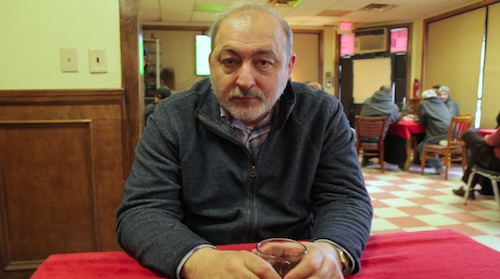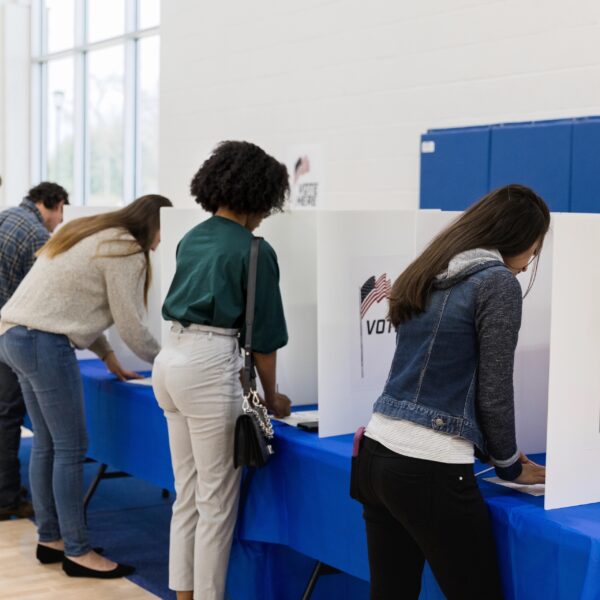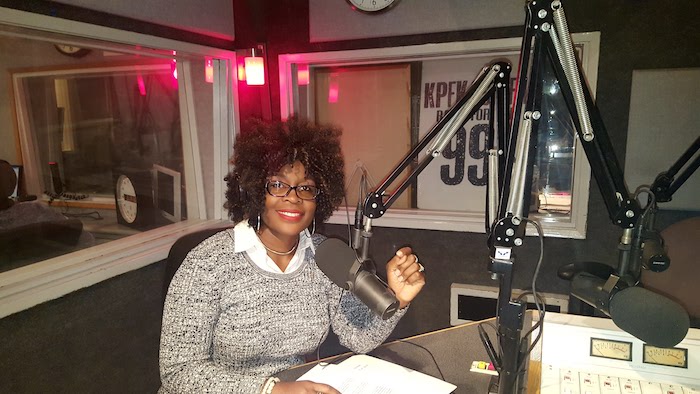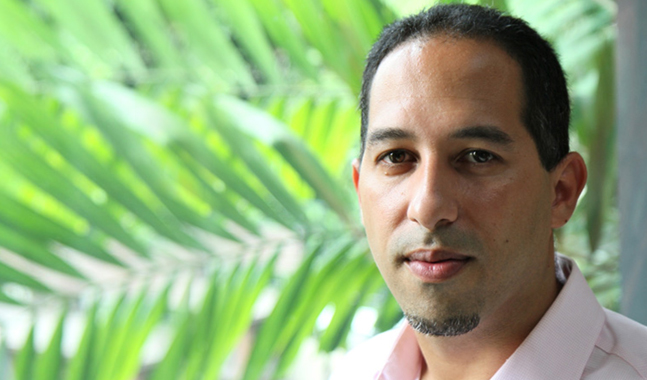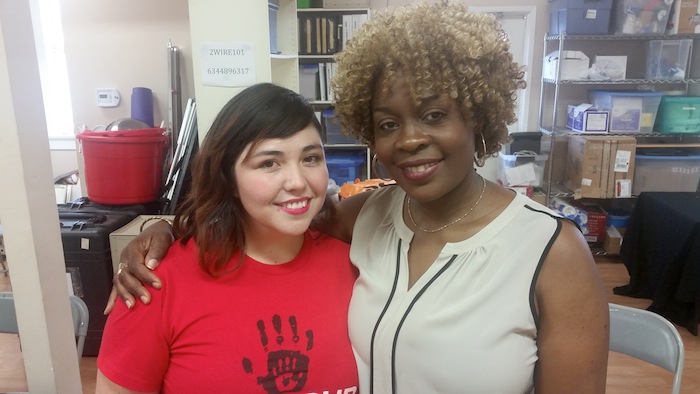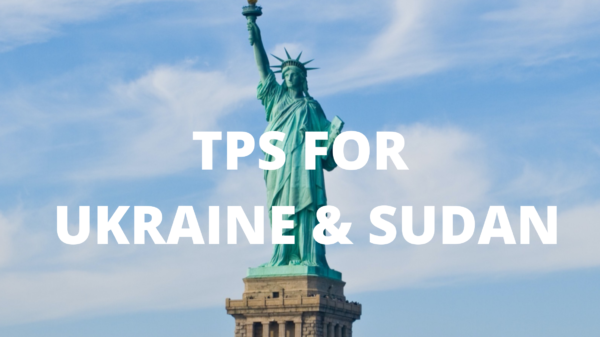After what seemed like a long election process, the American people selected Republican nominee Donald Trump as their new president. Many people are curious about what comes next under President Trump, who made harsh statements about refugees and Muslims during the campaign. Trump promised to build a wall along the Mexican border and said he will send undocumented immigrants back to their home countries.
Immigrants and refugee families living in the U.S. are now waiting to see what Trump will do.
Osman Altay, 56, a Turkish-American who has been living in Paterson, N.J., for 40 years, voted for Trump. He said that he thought the immigration policies of Trump during the election were just words.
Altay says he doesn’t think Trump will be able to do what he said he would in regards to immigration, and added that he does not believe Trump is an opponent of Muslims. Altay says he is paying attention to how the new president will contribute economically to the country and says “Trump can bring about movement in markets. He is a businessman, too. I support his refusal of NAFTA.”
Another Turk living in Paterson, Said Ebe, 56, agreed that he didn’t think Trump could put his refugee policies into practice. “The U.S.A. has laws, the president can’t do everything he wants,” said Ebe, who doesn’t know the politics of both candidates very well and decided to not vote for any of them. “There are strict laws and everybody has to obey these rules,” Ebe said.
Trump’s statements during the campaign were offensive to some, including Yasemin Aksoy, 33, a Turkish-American masters student in public relations at New York University.
“Trump’s rhetoric about Muslims, Hispanics, refugees and immigrants during his campaign was deeply concerning. As an American Muslim, I was appalled by his double-tongued approach to grow his supporter base,” Aksoy said. “Although I have strong reservations about the harmful effects of his discourse, on the bright side he lost the popular vote.
“I believe this is a strong indication that Americans are adamantly against fear-mongering tactics,” Aksoy said. “Banding together, his opposition, as a result, has become even more supportive and empathetic of marginalized American minorities, and I predict they will come to the rescue to protect and reinforce American democracy.
“Now that he has become U.S. president-elect, I hope his language and manners reflect the qualities and character of such a leader,” Aksoy said “ I hope he embraces the differences that truly makes America great and continues outreach efforts started by his predecessors. This would seem improbable, however, with the strong anti-Semitic and racist beliefs held by his appointed cabinet members.”
Sevdenur Arican, 19, is a student at Montclair State University who lives in Clifton, N.J. Arican said he thought Trump’s immigration plan was one of the biggest issues of the campaign.
“Trump promised to ban entry of Muslims and other minority groups to protect America and to ‘Make America Great Again.’ His comments about ‘aliens’ upset, angered, and shocked many people,” Arican said. “However, I have never bothered with what he said. The decisions that truly affect the world aren’t his own decisions. Legislating a discriminatory policy against minority groups is a very difficult thing to do because it would require joint action from all branches of the government.”
Oktay Ozer, a 36-year-old Turkish-American residing in Garfield, N.J., agreed that it’s unlikely that Trump will be able to force the kind of shifts in immigration policy that he promised.
“As much as the election of Mr. Trump appears scary for immigrants, I do not believe there will be a huge change of government policies at the macro-level,” Ozer said. “This does not guarantee a pain-free 4-year term. All immigrants will continue to feel the derogatory rhetoric from the president and his staff, and will feel as humiliated as the women of this nation will. Because a person’s feelings and thoughts about immigrants, Muslims, Jews, Latinos, black people, or women, do not change overnight, for they are the products of deeply-ingrained feeds that have shaped our beliefs since our childhood.”
Ozer said he didn’t think Trump or anyone on his team would pivot to support diversity. “And the ripple effects of this attitude will reveal more at local levels of government and law enforcement,” Ozer said. “Just as it happened after 9/11, hundreds of innocent people were detained after tip-offs by suspicious neighbors, immigrants may face similar harassment with unfounded claims.”
Trump, Ozer said, “gives an impression of someone who does not care much of about the intercultural effects of globalization and the inevitable domestic consequences of events beyond borders or overseas.”
—
Orhan Akkurt is a reporter for Zaman Amerika. He can be reached at orhanakkurtny@gmail.com. This story was produced as part of “In The Shadow of Liberty: Immigration in New Jersey,” a journalism fellowship in collaboration with Montclair State University’s Center for Cooperative Media, NJ Spotlight, and New America Media. The project was funded by Geraldine R. Dodge Foundation.

